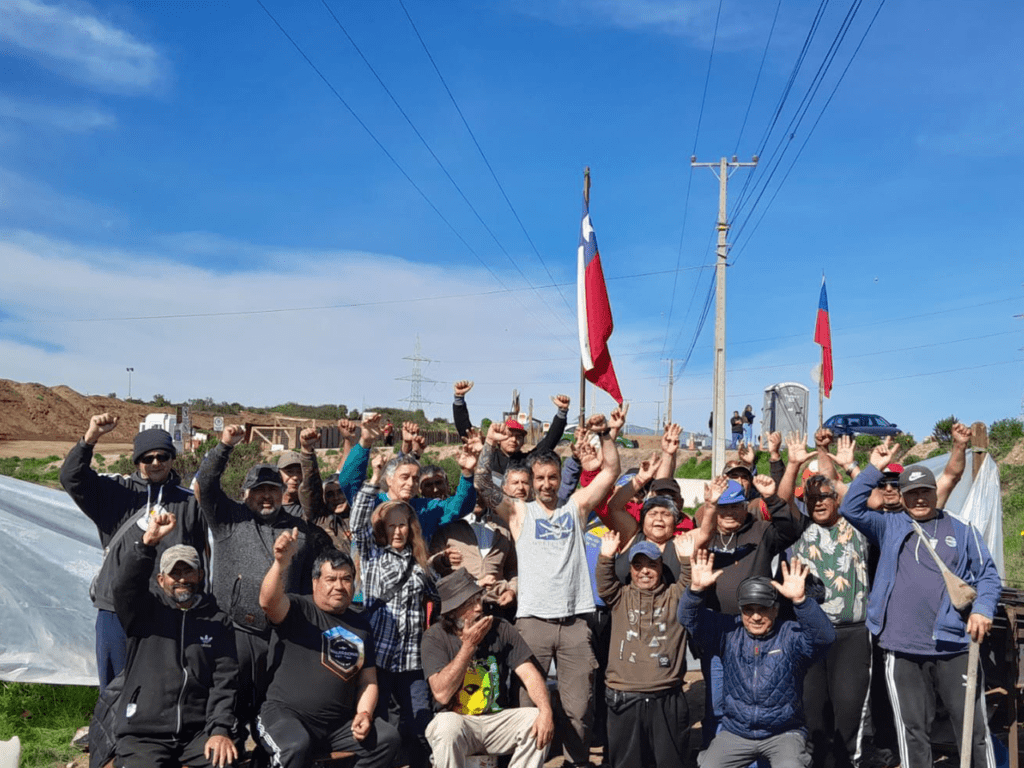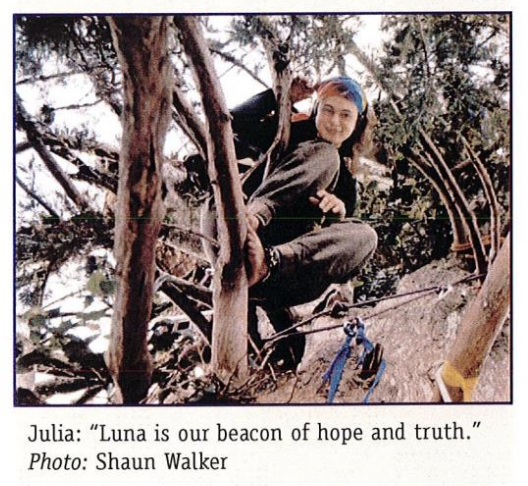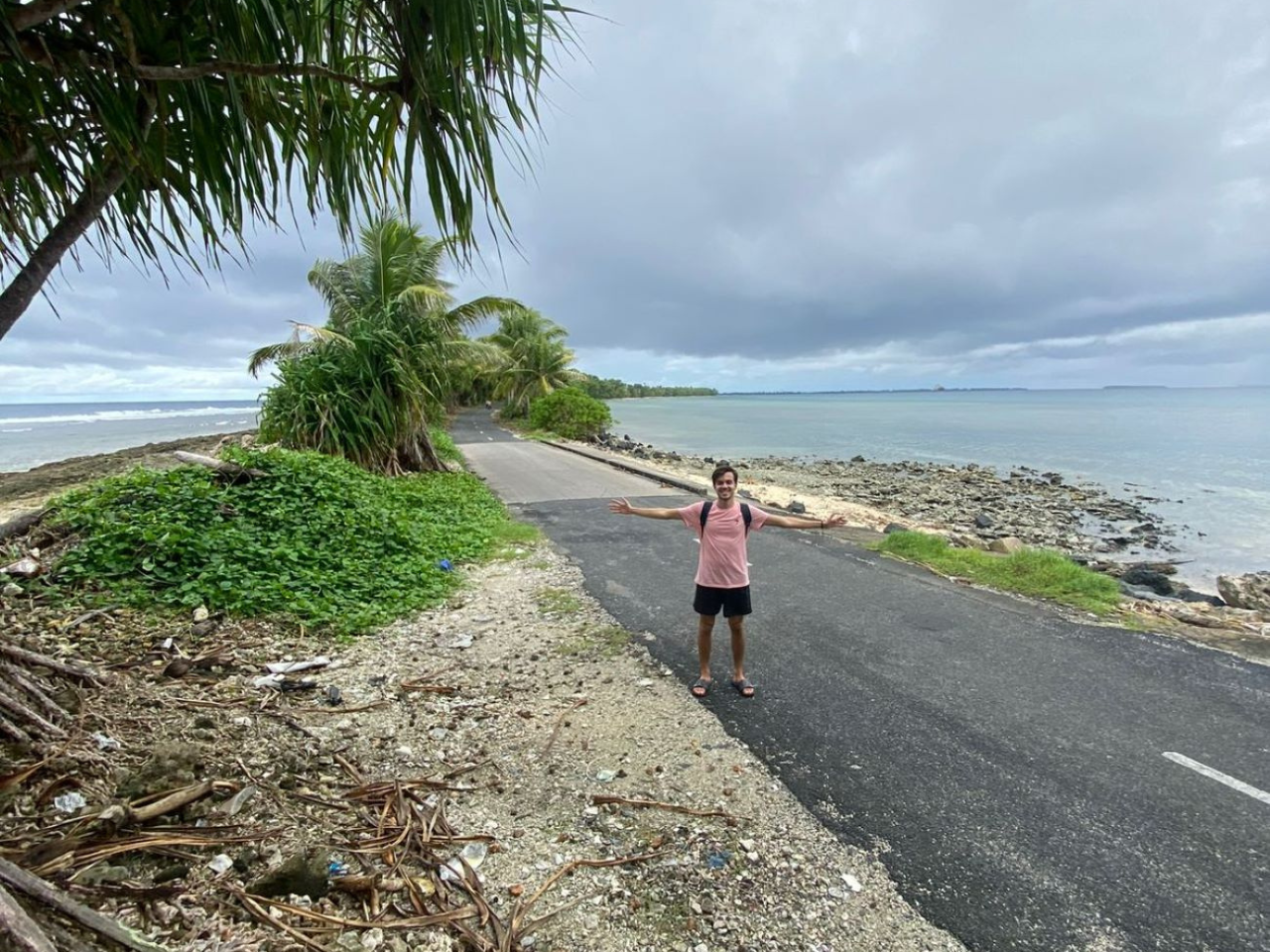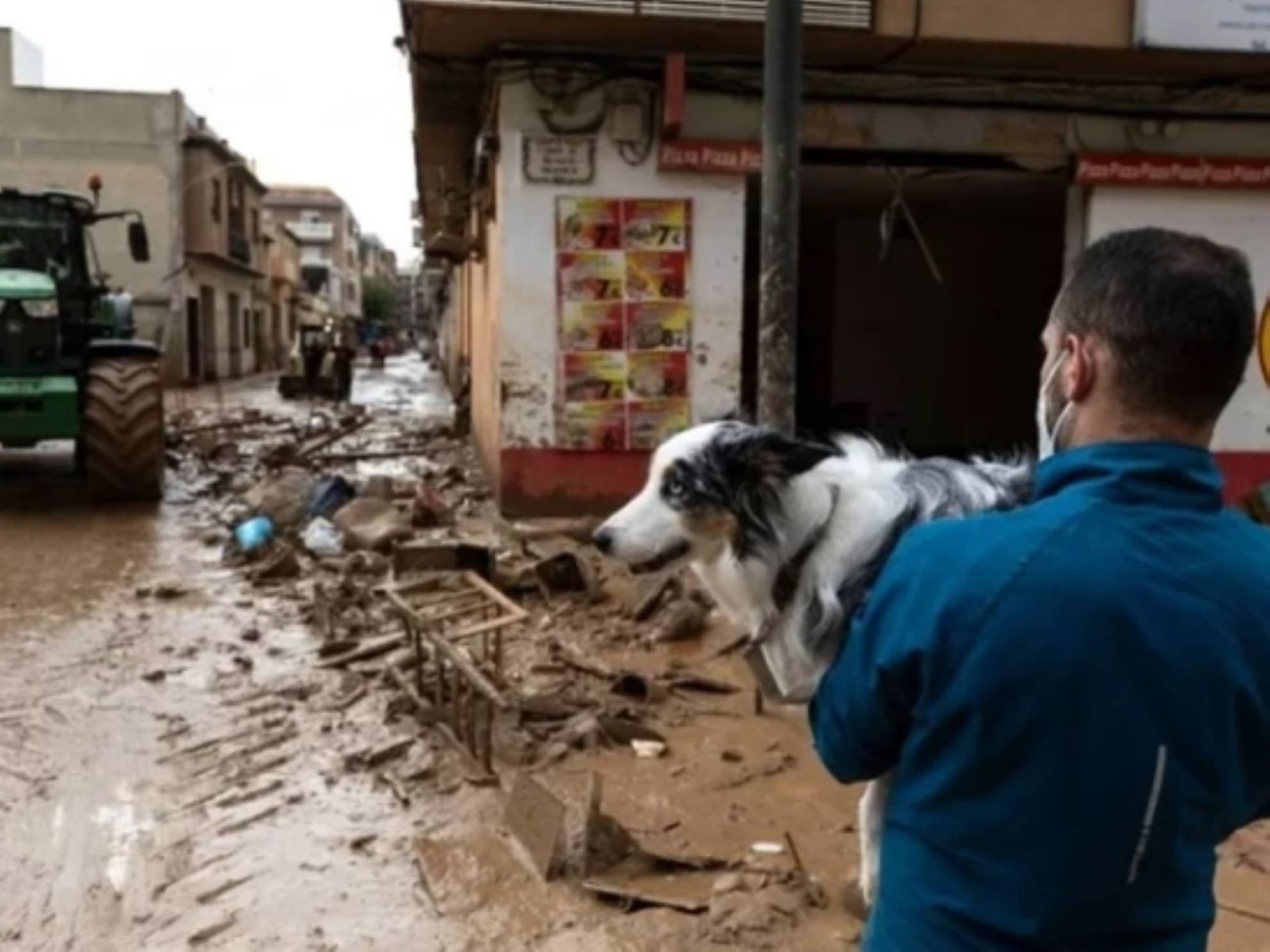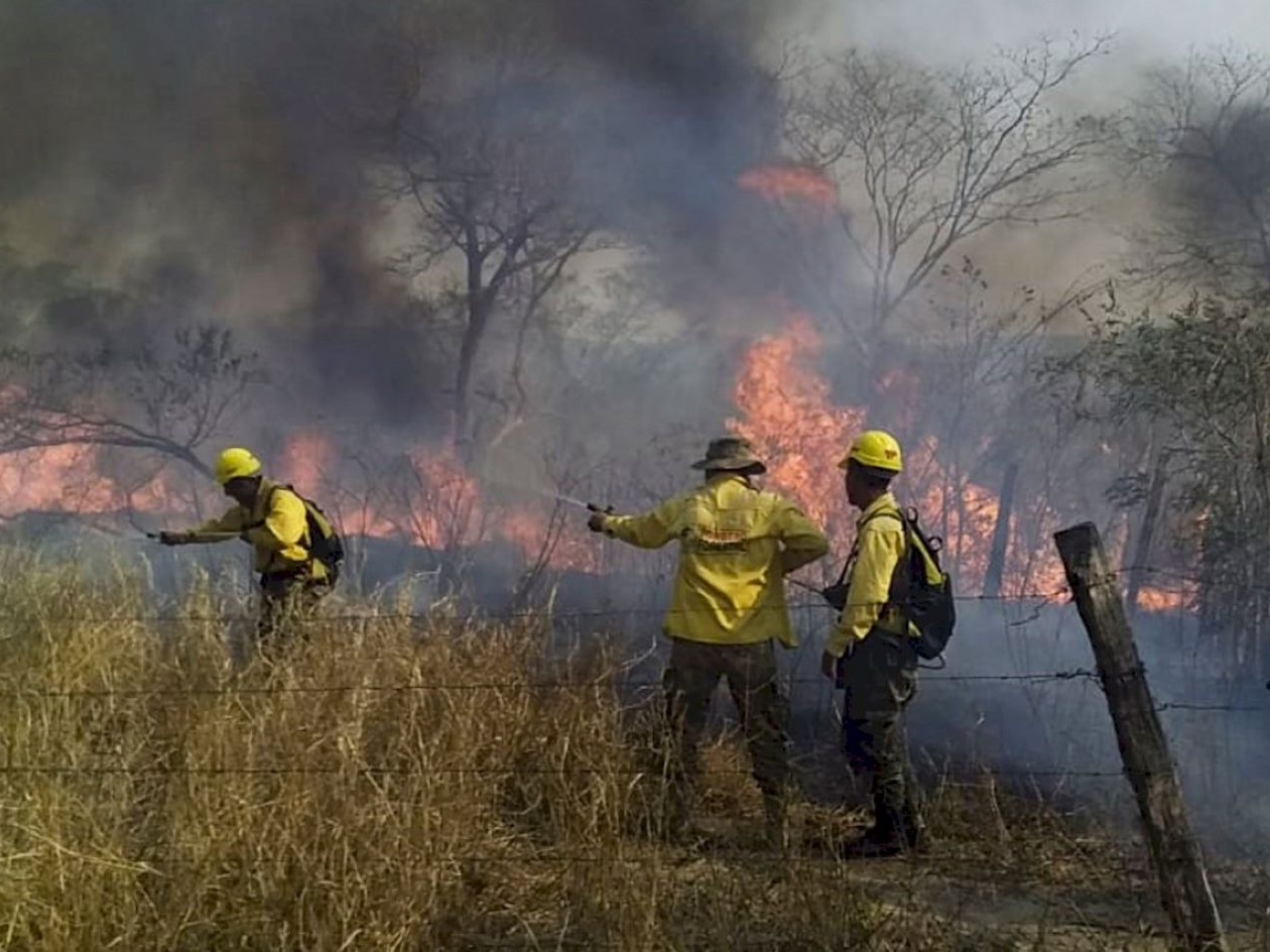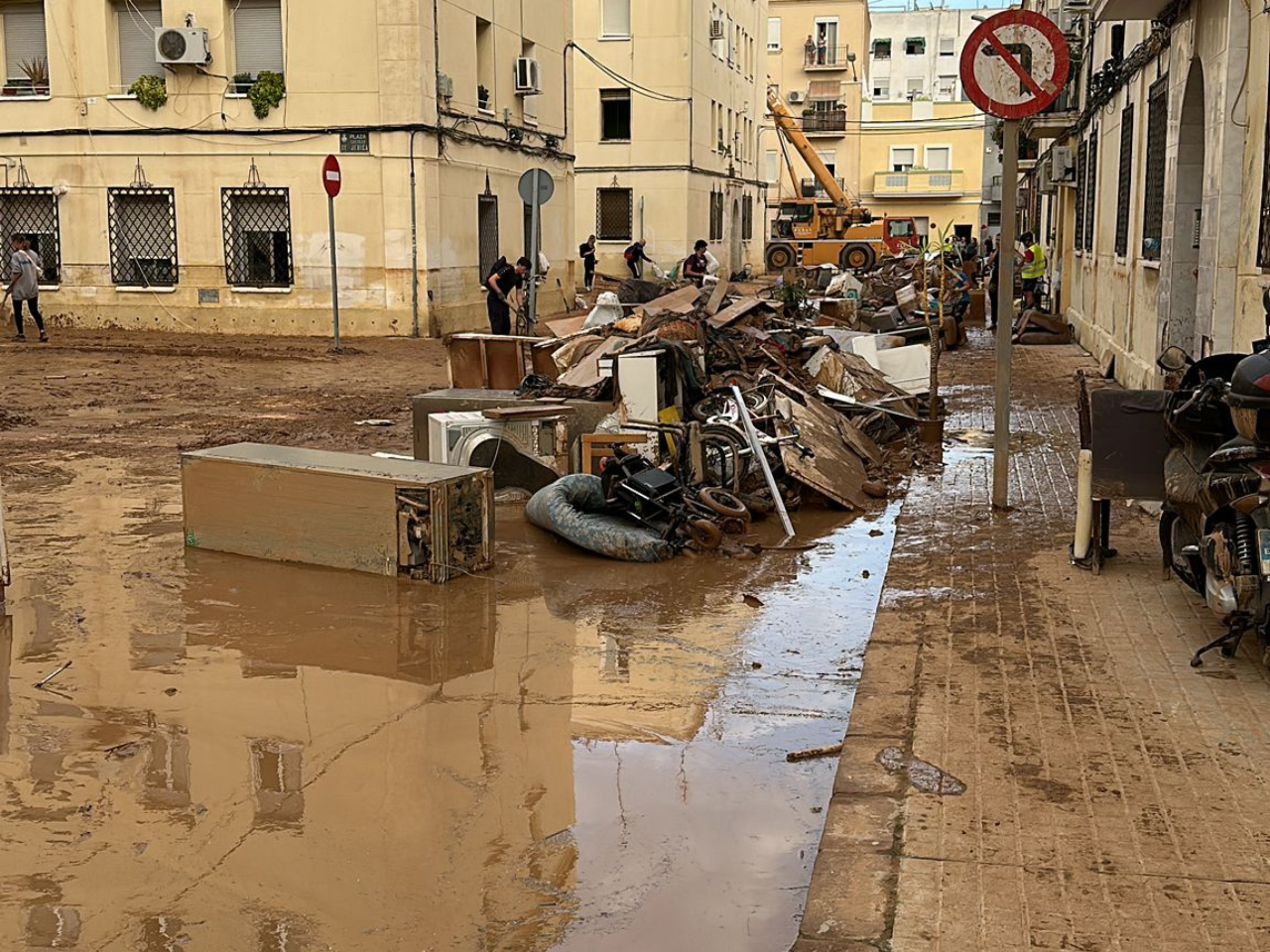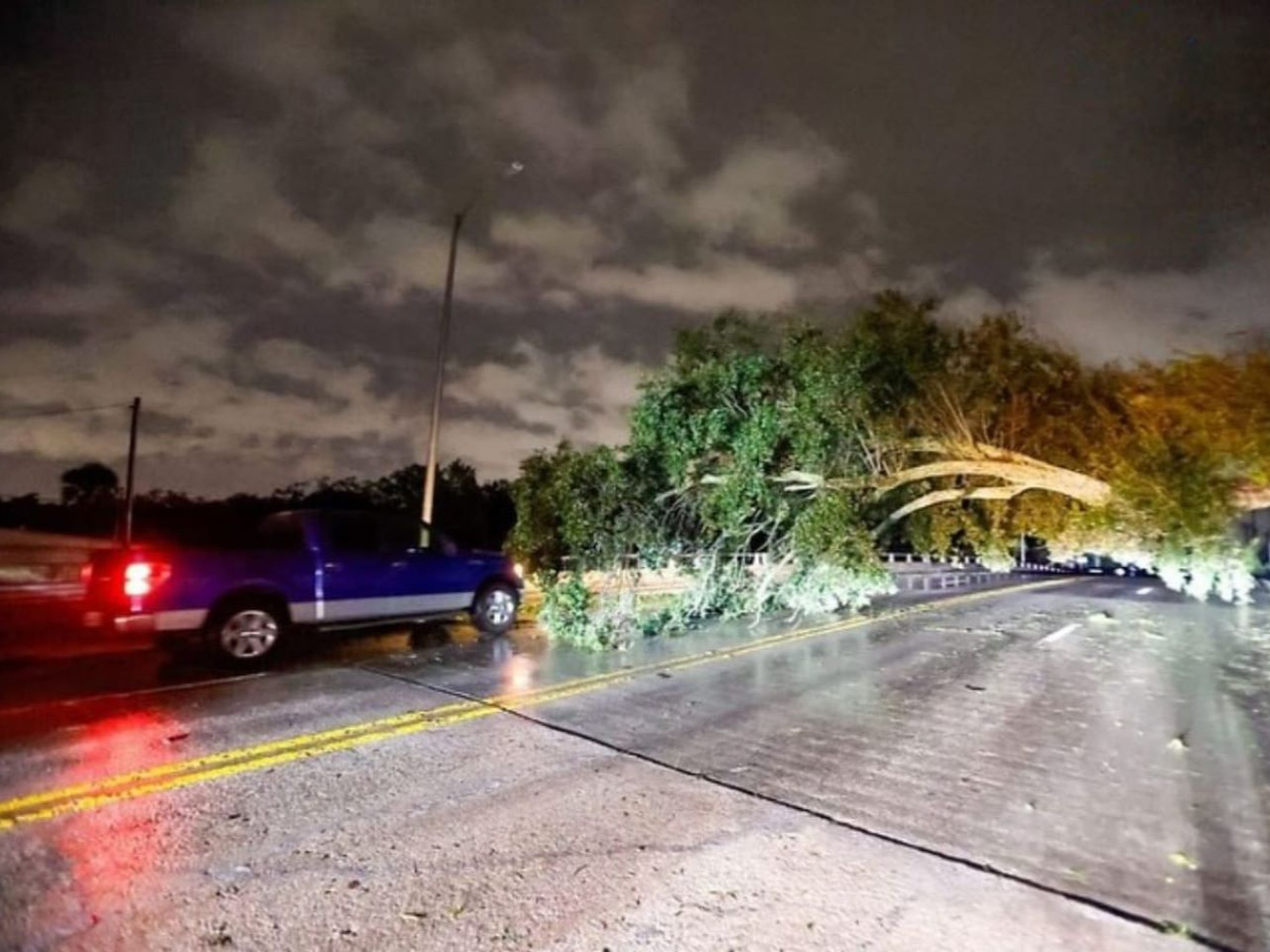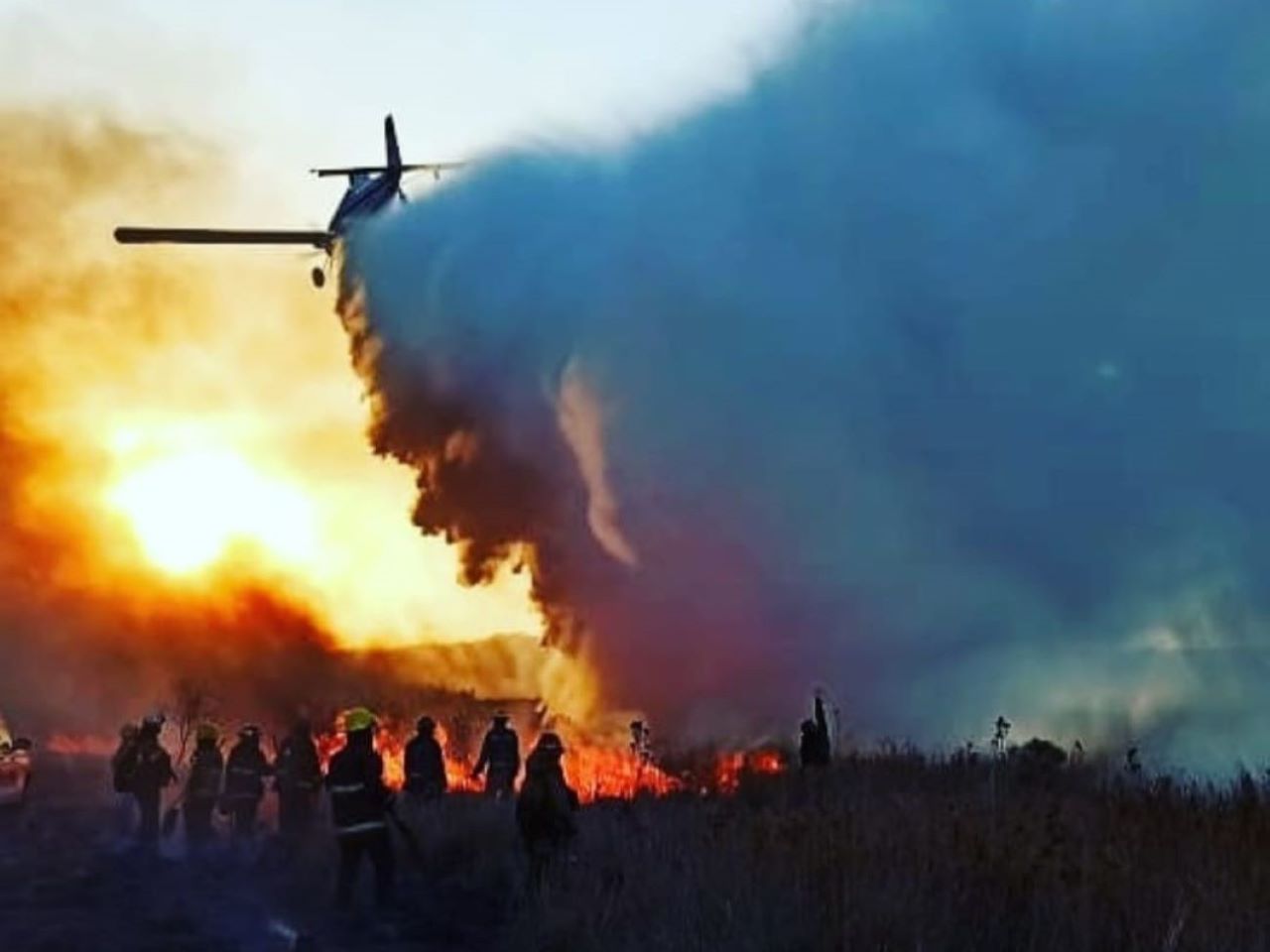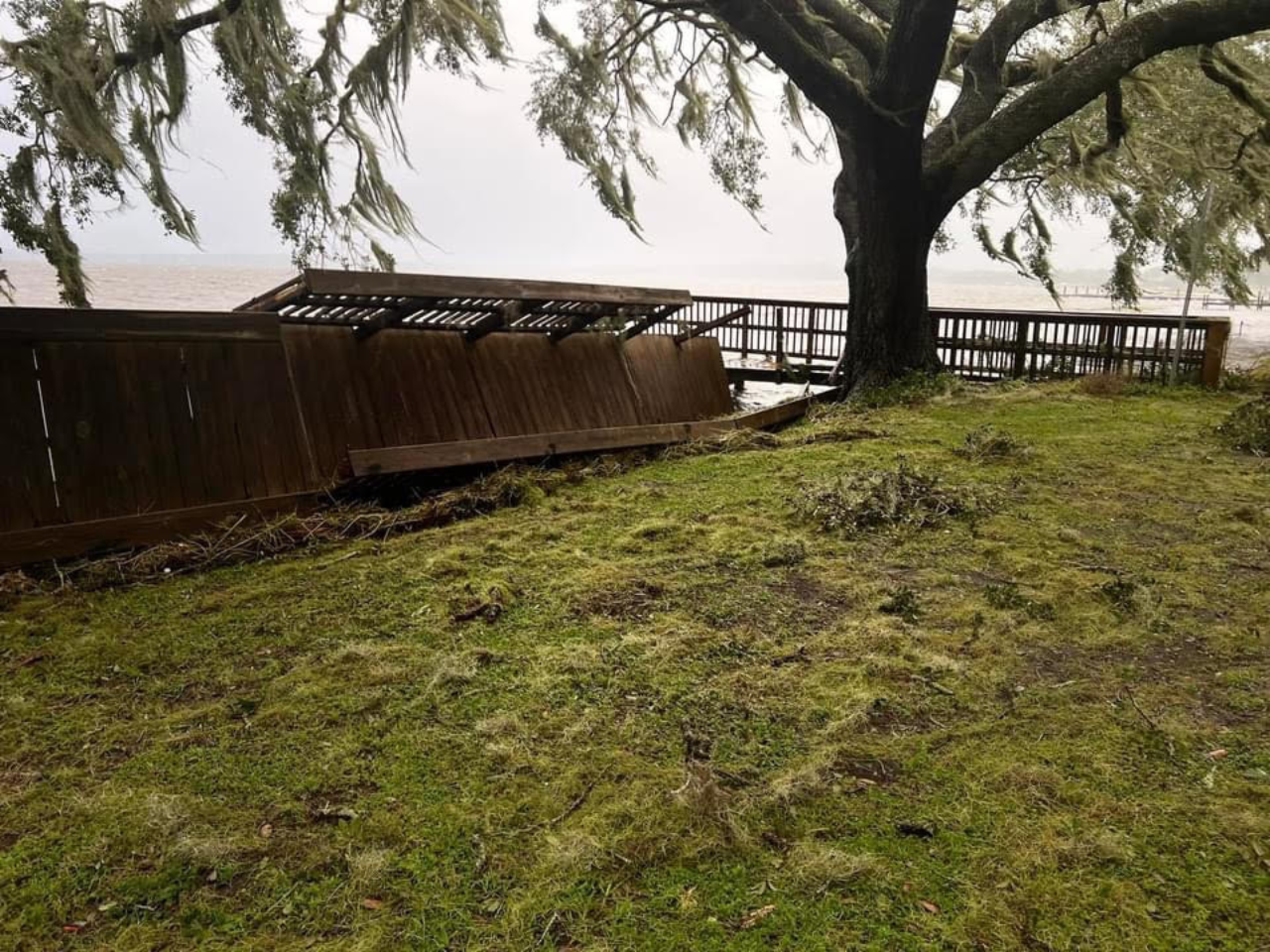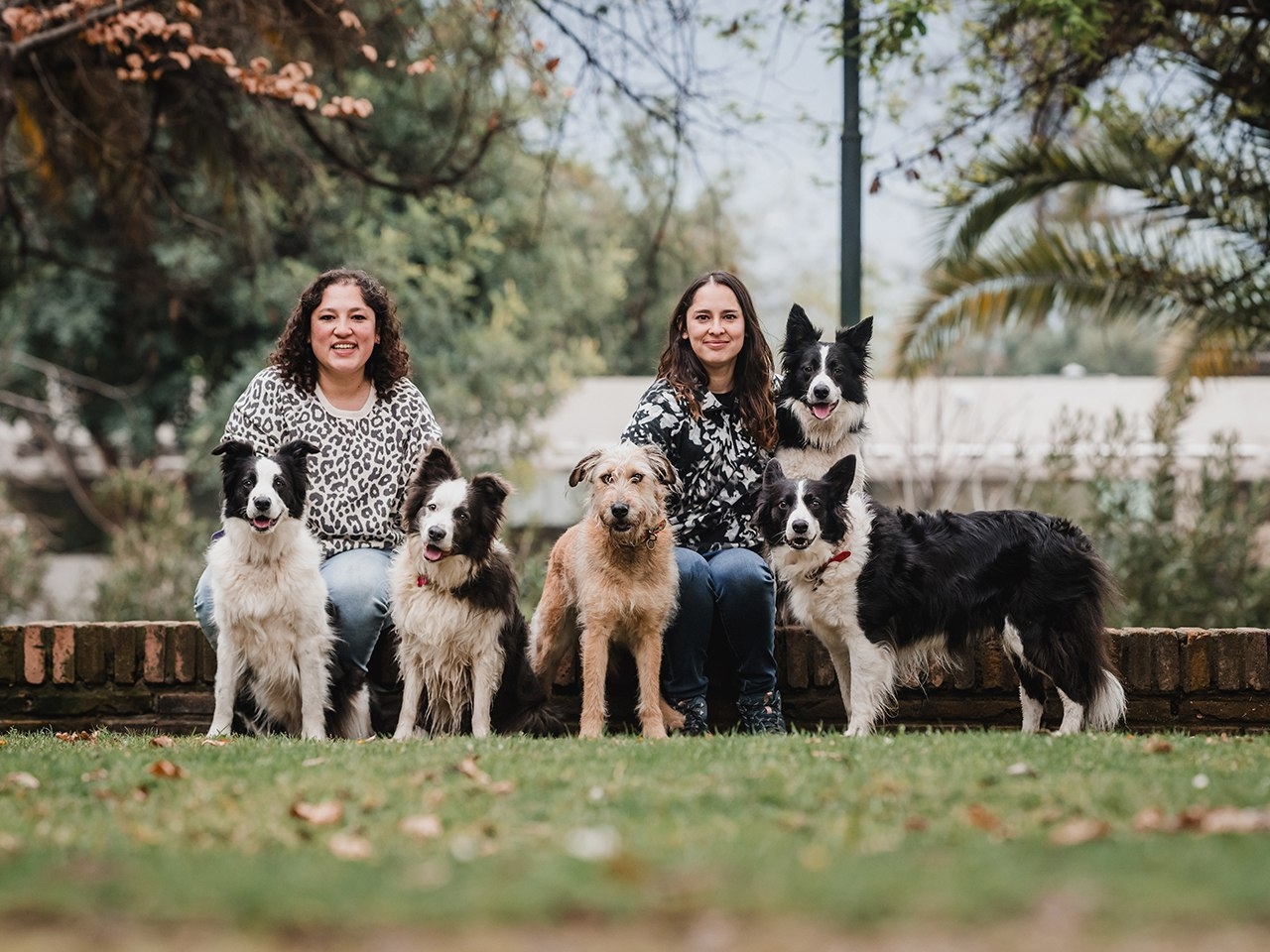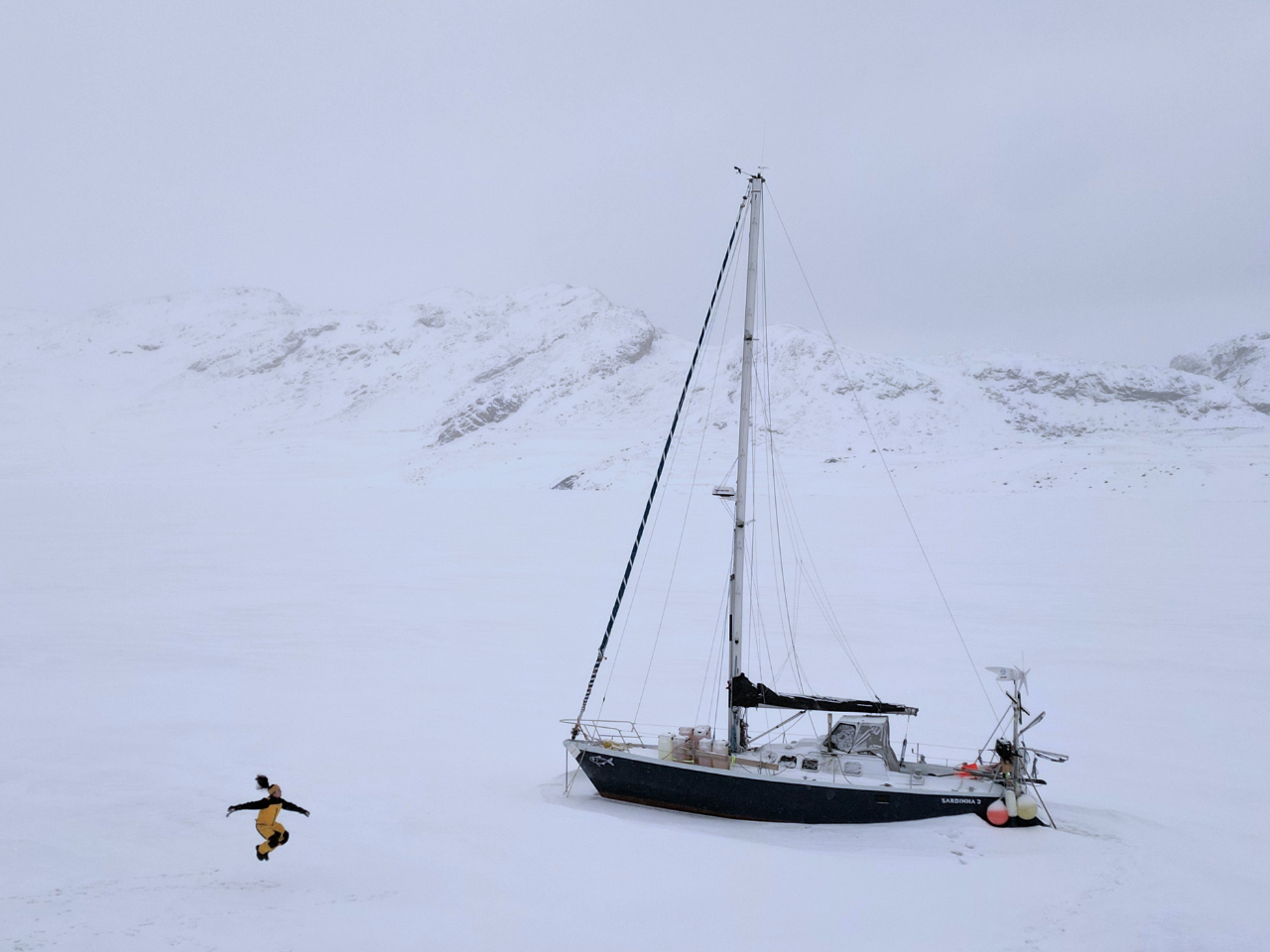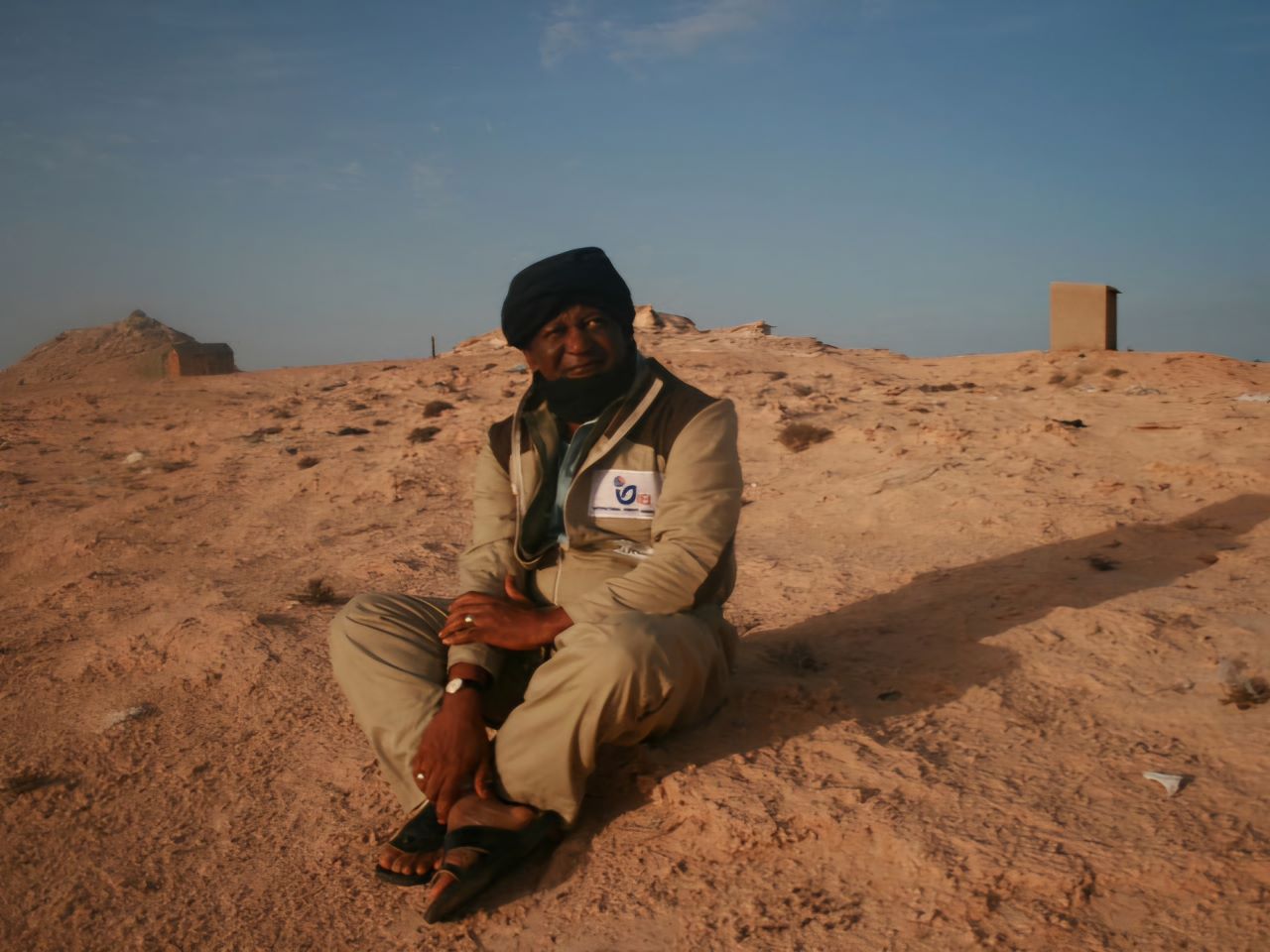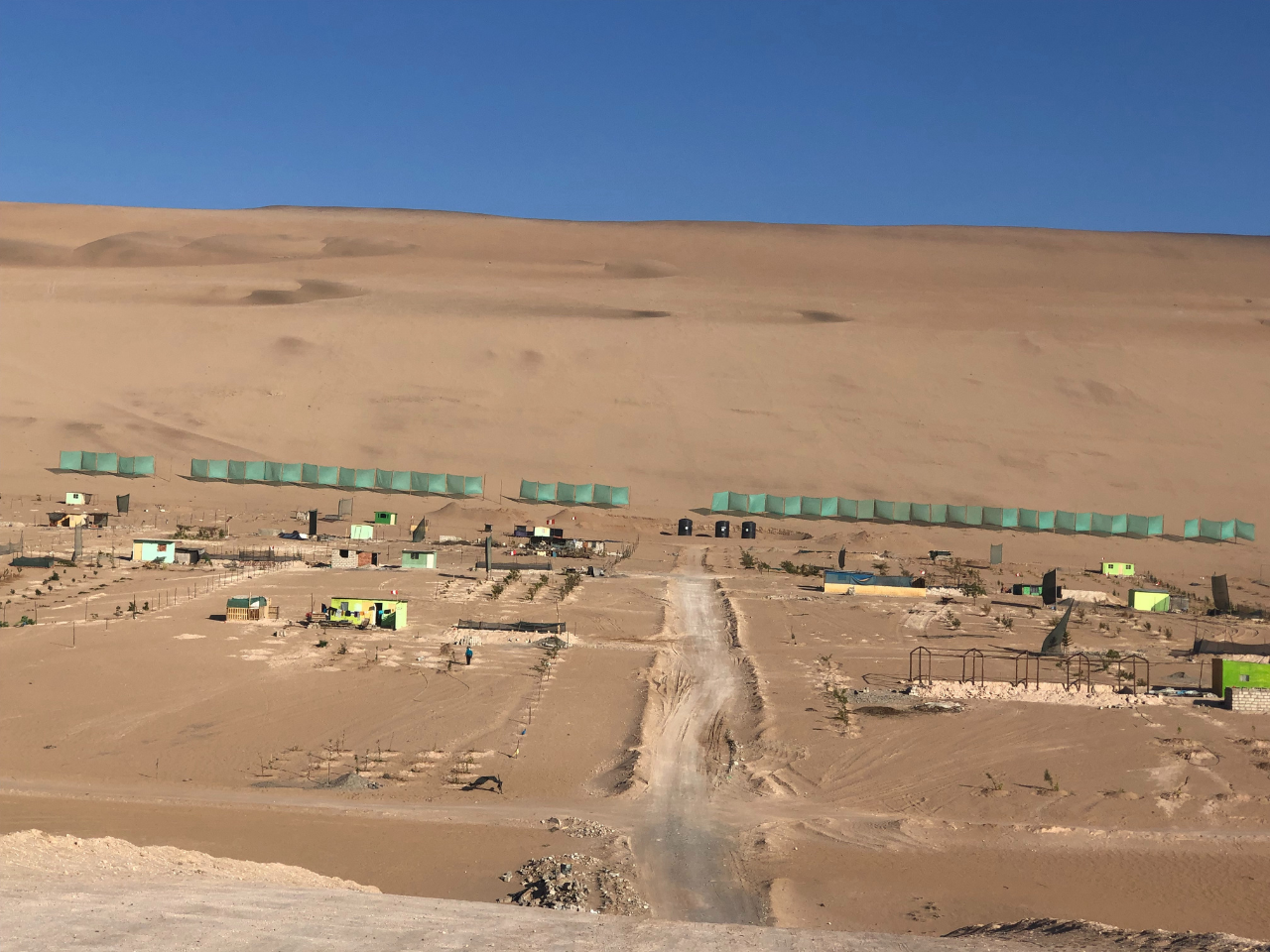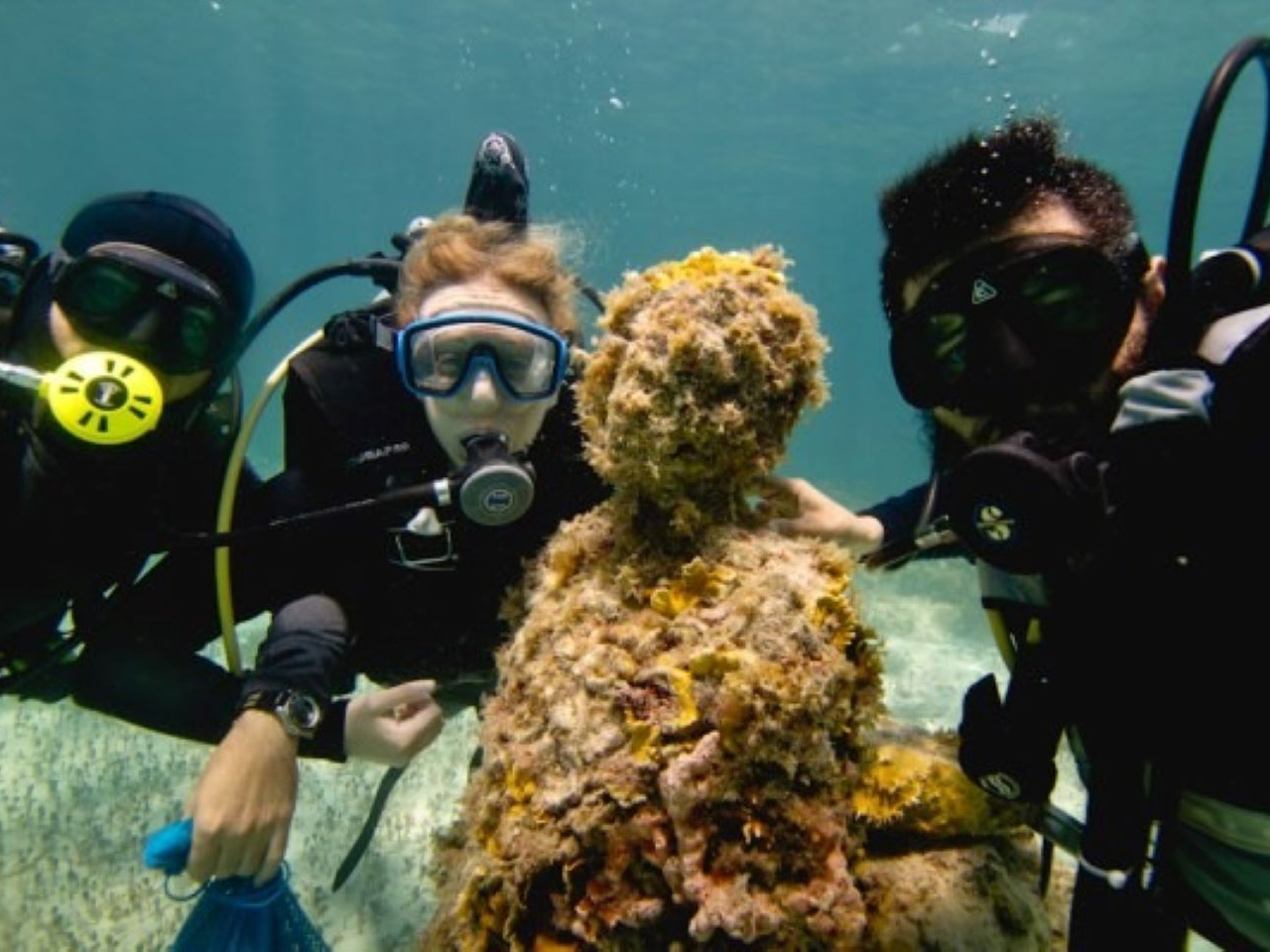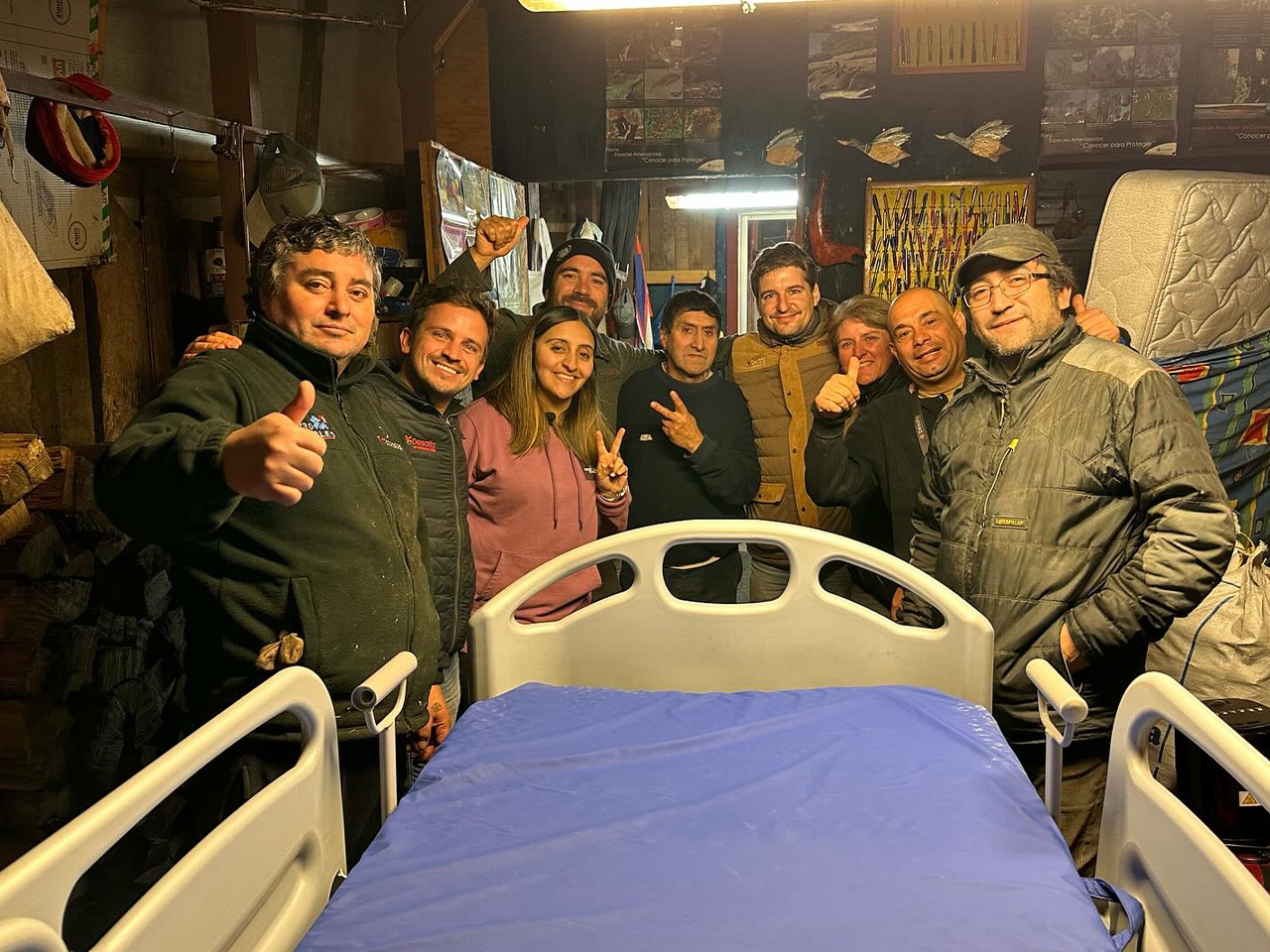Fishermen reach 100-day standoff against construction, environmental disruption: ‘Our bays should no longer serve as corporate dumping grounds
A month ago, they tried to force us out, but we dug in our heels. Every time we come together; you can almost touch the change in the atmosphere. We became more than a group of fishermen; we became a force.
- 2 years ago
September 19, 2023
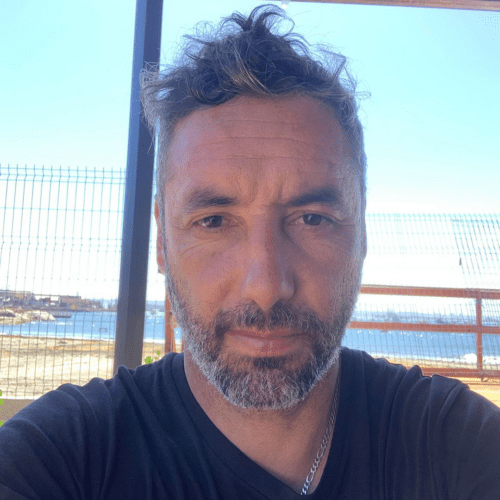
VALPARAÍSO, Chile — On May 9th, my heart raced as bulldozers tore through Quintero and Puchuncaví. The acrid stench of pollution filled the air, a caustic blend that stung the nostrils.
When the artisanal fishermen in our area uncovered the lack of permits for the Aconcagua Project [a desalination plant that threatens the maritime ecosystem], we mobilized, converting the construction site into a field of resistance.
I still remember the grit under my boots and the salty air biting my skin as we stood undeterred outside the plant. Authorities forced us away from the entrance, but couldn’t dislodge our spirit. We’ve endured over 100 days, and we will not give in.
The calls of seabirds and glimpses of marine life fuel our fight, not just for nature but for our artisanal fishing community. We’ve stood firm and have no intention of yielding.
Read more environment stories at Orato World Media
Federation comes to life, community takes a stand to preserve their way of life
We learned of approved construction permits for the Aconcagua Project in 2018 and as soon as we understood the danger, we knew something had to be done. We formed our federation and broke from tradition.
Instead of limiting the vote to union presidents, as is usually done, we opened the ballot to all federation members. With overwhelming support and the backing of 16 delegates, they elected me president. I felt honored and energized, full of optimism and community spirit.
These 16 leaders stand by my side during critical meetings, reinforcing our unity and strength. Our solidarity ensured that our federation remains unbowed and unbroken. This is critical given what we are up against – giant-like business and government, equally eager for the project’s success. We stand united, committed to protecting our community and preserving our time-honored way of life.
Some leaders claim the plant is an environmental non-issue. That feels like an affront to all of us. We believe that businessmen who play scientist remain oblivious to the fragile ecosystem they jeopardize. The rhetoric goes beyond hollow; it’s a slap in the face for those of us who intimately understand the balance of marine life.
Deceptive permits and broken promises, fisherman will no longer remain silent
When authorities heard about our protests, they immediately took action to evict us, despite the fact that we were merely highlighting Aguas Pacifico’s lack of the appropriate building permits. The Puchuncaví Municipal Works Directorate confirmed our suspicions. The deceit boiled my blood. We filed a complaint, and they finally sent inspectors who halted construction.
I believe this company misled everyone, claiming to have all permits and promising to provide water to rural areas through the APR (Rural Potable Water) program while really intending to serve big industrial projects. Yet, our struggle isn’t just about permits; it’s about the future of our bay. We fight tooth and nail to keep this company out. We refuse to be a sacrifice zone anymore; we want to transform our home into a recovery zone where artisanal fishing can continue for generations, just as it has for centuries.
Over these transformative months of protest, I watched the faces of elder fishermen light up as they rekindled old friendships. I saw them playing cards together, leaning in as the rounds intensified. We weave a tapestry of resistance and community, shaking off the shackles of individualism that poison our society. Our spirits feel lifted each time local organizations rally behind us, reminding me we are not standing alone.
Enough is enough, federation demands an end to environmental negligence and corporate exploitation
A month ago, they tried to force us out, but we dug in our heels. Every time we come together; you can almost touch the change in the atmosphere. We became more than a group of fishermen; we became a force. Made up of 413 fishermen across eight unions, we share a mission that transcends personal gain. Our sacrifice zone is becoming a sanctuary, a recovery zone that reclaims our community’s soul.
The communities of Quintero and Puchuncaví have already sacrificed too much for the nation, receiving only hardship in return—pollution, poverty, sick children, and environmental disasters. It’s high time the cycle of neglect ends. We demand the decongestion of these industrial zones and the exit of companies failing to meet environmental standards. I serve as the spokesperson, but the decisions are collectively ours.
As for the proposed desalination plant, it only adds insult to injury. The irony is glaring. We believe the plant isn’t intended for public water supply but for mining operations. We call for the establishment of a legal framework to oversee such projects responsibly. Enough is enough; our bays should no longer serve as corporate dumping grounds. We seek justice and a cleaner, healthier future for our communities.

